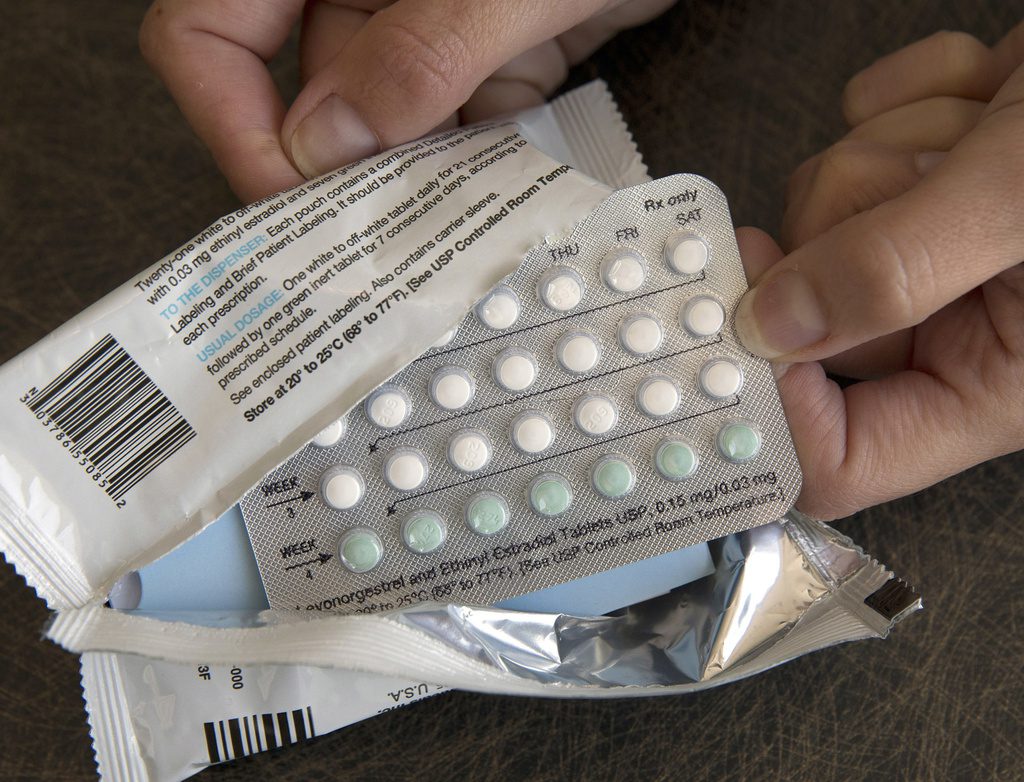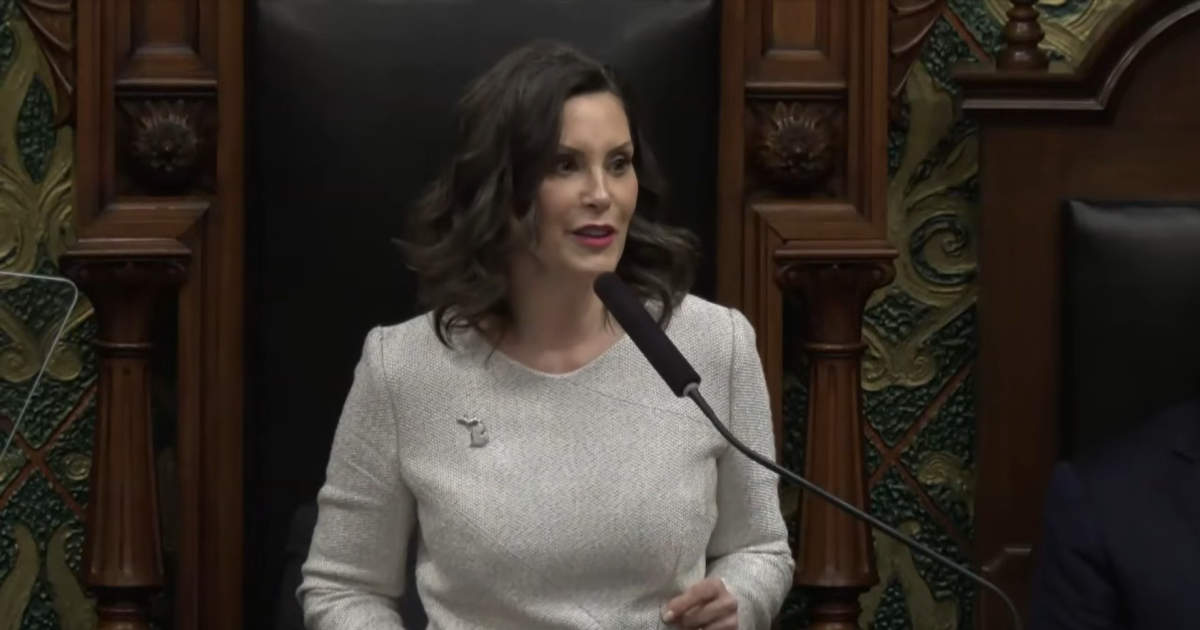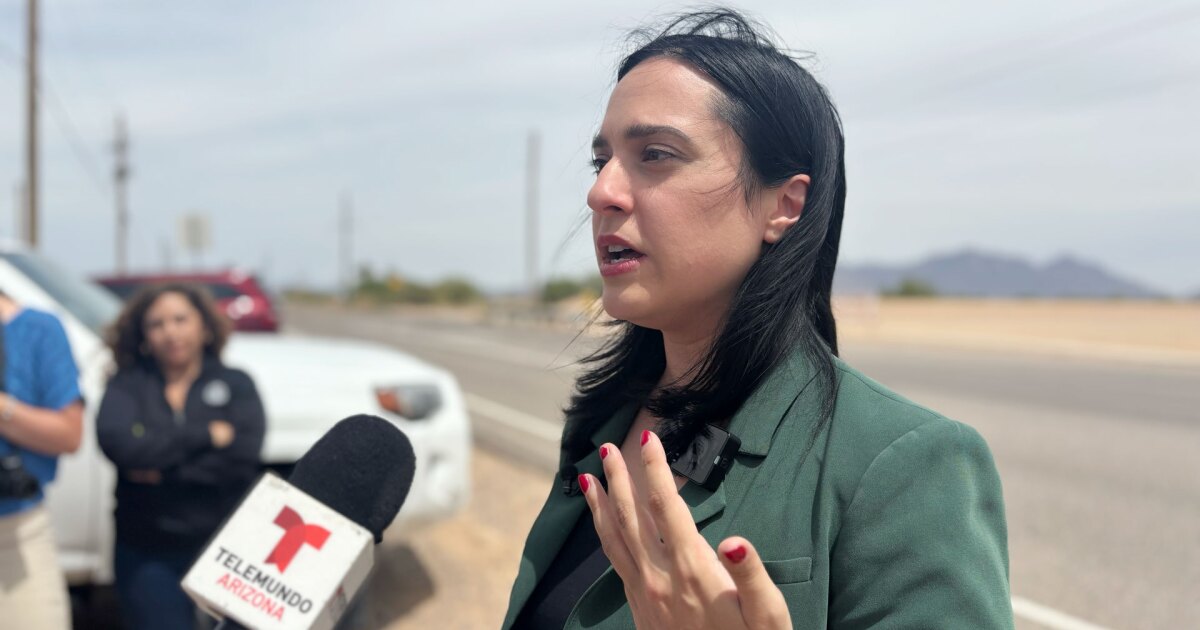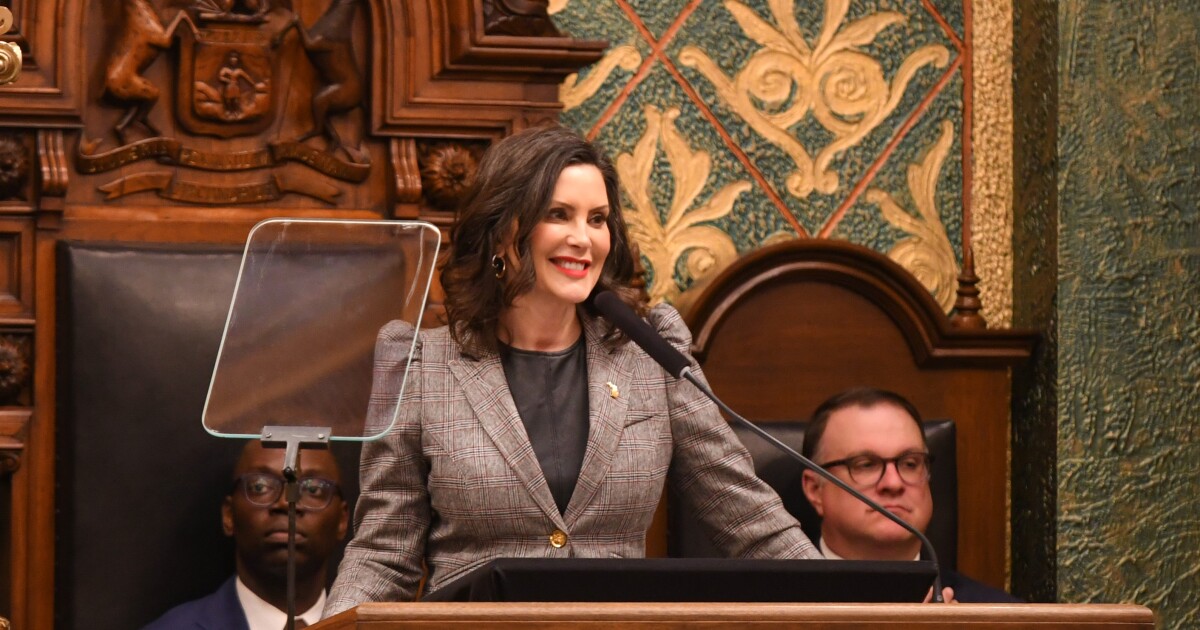Article Summary –
Ahead of Election Day, the White House proposed a rule allowing millions with private insurance to access free over-the-counter contraceptives. This move aligns with VP Kamala Harris’s campaign, advocating women’s health care post-Supreme Court’s abortion rights reversal, contrasting GOP views.
New Proposal Expands Women’s Health Care Amid Election Campaign
Millions with private health insurance could soon access over-the-counter contraceptives like condoms, the “morning after” pill, and birth control pills for free under a new rule proposed by the White House.
Currently, insurers cover prescribed contraception, including prescription birth control or condoms with a doctor’s note. The new rule would broaden this, enabling free purchase of these items without a prescription.
This proposal arrives as Election Day nears, with Vice President Kamala Harris emphasizing expanded women’s health access following the U.S. Supreme Court’s overturning of national abortion rights. Harris presents a stark contrast to Republican challenger Donald Trump, who appointed judges responsible for that decision.
“The proposed rule would increase access to birth control at no extra cost for millions,” stated Health and Human Services Secretary Xavier Becerra. “Bottom line: women should have control over their health care decisions.”
Emergency contraceptives accessible under the new rule include levonorgestrel, commonly known as “Plan B,” which must be taken soon after intercourse to prevent pregnancy. Without a prescription, the pill can cost up to $50, and delays in obtaining it may compromise its effectiveness.
If passed, insurers would cover the daily Opill, a new OTC birth control pill approved by the FDA last year, usually costing $20 per month.
Copays can hinder some women’s access to birth control, noted the American College of Obstetricians and Gynecologists, supporting the proposal. “Birth control is crucial for many, but copay costs can be prohibitive,” they said.
Federal mandates under the Affordable Care Act initially required private insurers to cover prescribed FDA-approved birth control as a preventive service.
America’s Health Insurance Plans is reviewing the proposal. The rule would not affect Medicaid, leaving states to decide their contraception coverage, with few covering OTC methods like Plan B.
“`
—
Read More North Carolina News









